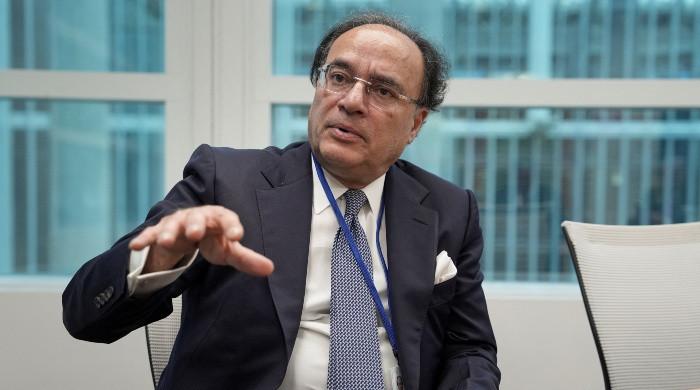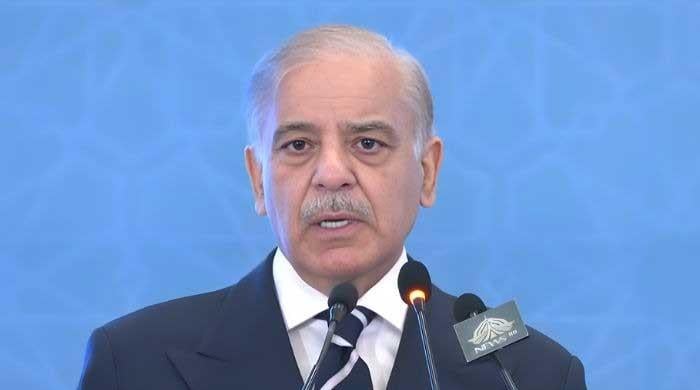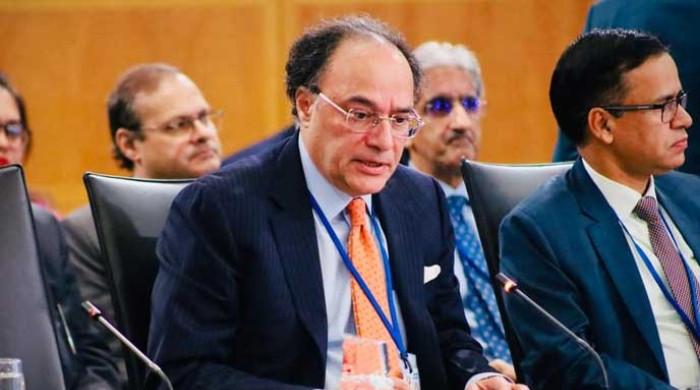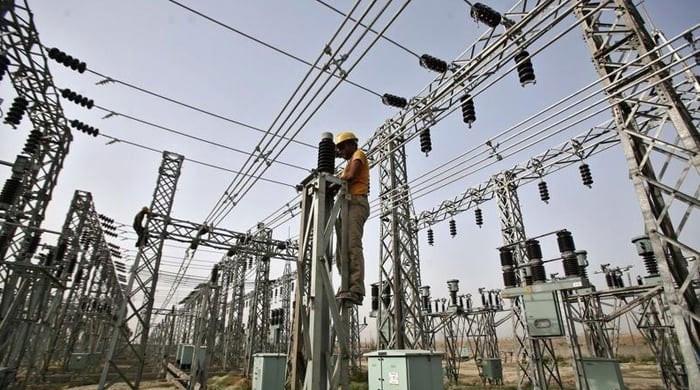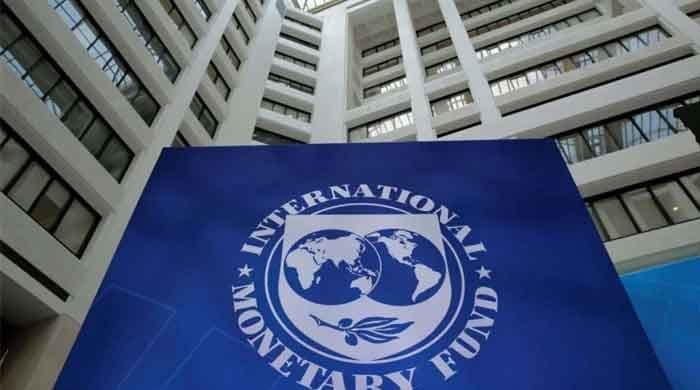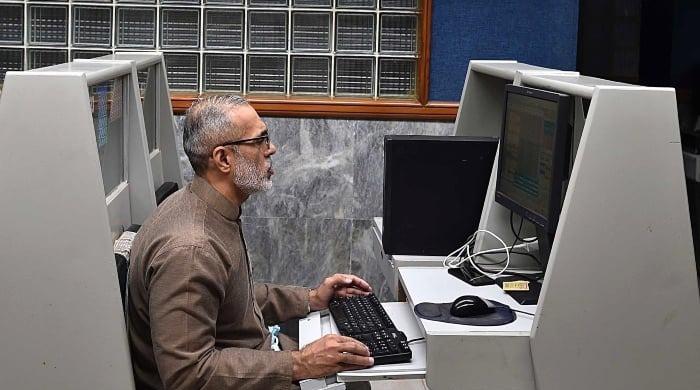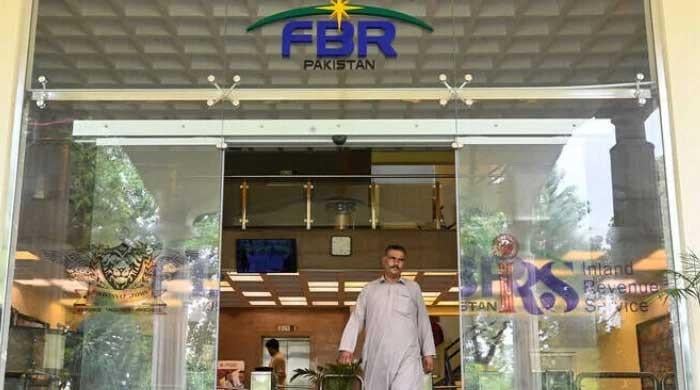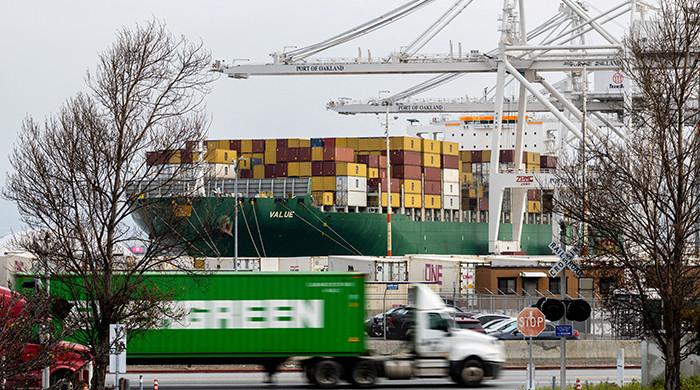Rupee depreciates against dollar for 10th consecutive session
In the interbank market, Pakistani rupee depreciates by Rs1.56 to Rs235.88
September 15, 2022
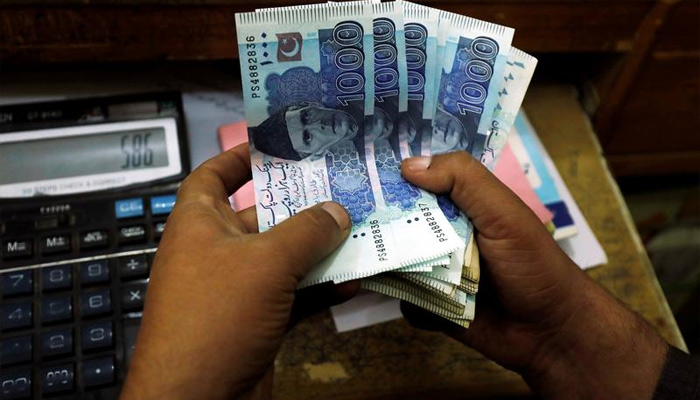
- Pakistani rupee depreciates in interbank market.
- Local unit falls by 1.56 to 235.88.
- Rupee's depreciation occuring due to several reasons.
KARACHI: The Pakistani rupee continued its downward trajectory on Thursday as it declined against the dollar for the 10th consecutive session amid a delay in funding from friendly countries, apart from the loans expected from multilateral and bilateral institutions.
In the interbank market, the rupee depreciated by Rs1.56 to Rs235.88, down in value from the previous close of Rs234.32 against the dollar, according to the data released by the State Bank of Pakistan (SBP).
The International Monetary Fund (IMF) provided the much-needed $1.17 billion bailout package to Pakistan after assurances from friendly countries such as Saudi Arabia and the United Arab Emirates.
However, the pressure on the local unit is persisting as the friendly countries and financial institutions are yet to provide the much-awaited financial help.
Economist and former adviser to the federal ministry of finance Dr Khaqan Hassan Najeeb highlighted a wide array of reasons behind the rupee's persistent decline.
"Smuggling of dollars, increase in the trade deficit, delays in funds from friendly countries and increased dollar needs for imports due to floods all weighing on a disorderly movement of rupee," he said.
Floods have also hit the economy with losses estimated at more than $30 billion, and the rehabilitation of millions of people expected to take several months.
Apart from the floods that even overshadowed the restoration of the IMF's programme revival, the country is also witnessing political instability, which has kept investors on their feet.
Political instability has been ongoing in Pakistan since the ouster of Imran Khan's government in April. Despite the passage of months, investors have several doubts about the policies of the incumbent government.
Exchange Companies Association of Pakistan (ECAP) General-Secretary Zafar Paracha told Geo.tv that it was imperative for all stakeholders to sit at the talking table and resolve Pakistan's issues.
The ECAP official said it was expected that once the International Monetary Fund's (IMF) loan comes in, the rupee would gain ground against the dollar — and it did as it appreciated by Rs2.
But, he noted, that the downfall was persistent since then — with minor negligible gains — as, despite money from the global lender, the country did not get monies from multilateral and bilateral organisations.
Paracha added that Asian Development Bank (ADB), World Bank (WB), and friendly countries — Saudi Arabia, UAE, and Qatar — are still reluctant to give loans and invest in Pakistan.
"The main reason behind this: political instability," Paracha said, noting that on the day that the IMF's Executive Board was about to approve handing over the amount to Pakistan, PTI's governments in Punjab and KP announced that they will not fulfil the IMF requirements.
"A negative impact was made due to this. PTI rules a huge chunk of the country and it has its importance [...] but right now, we need political stability and the government has no clear vision," he lamented.




